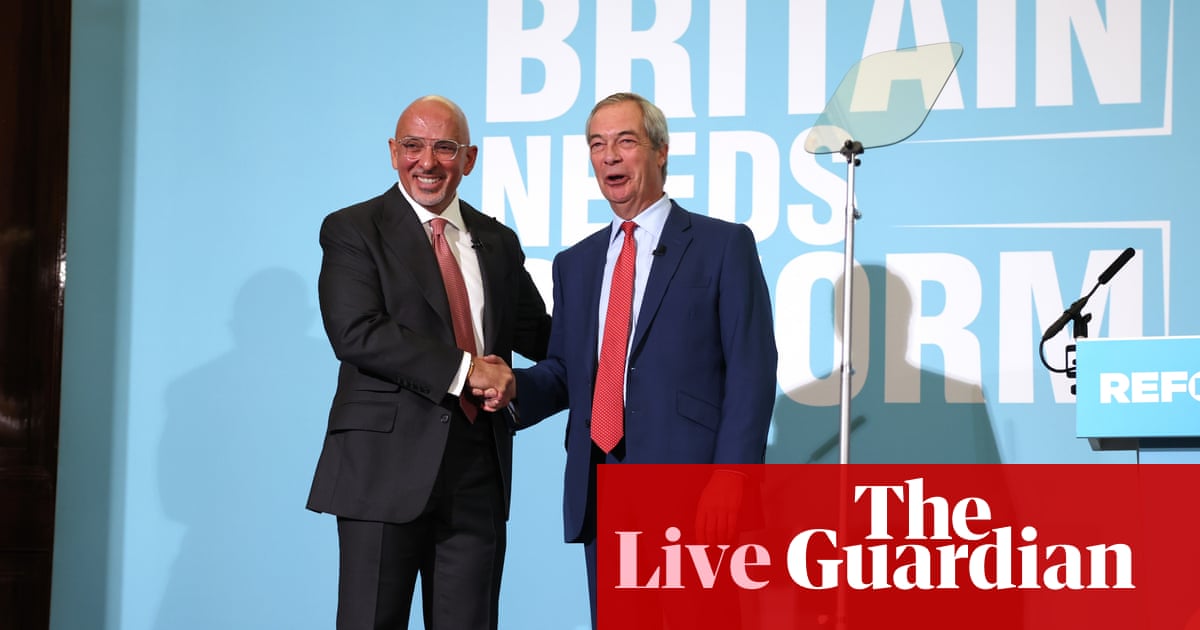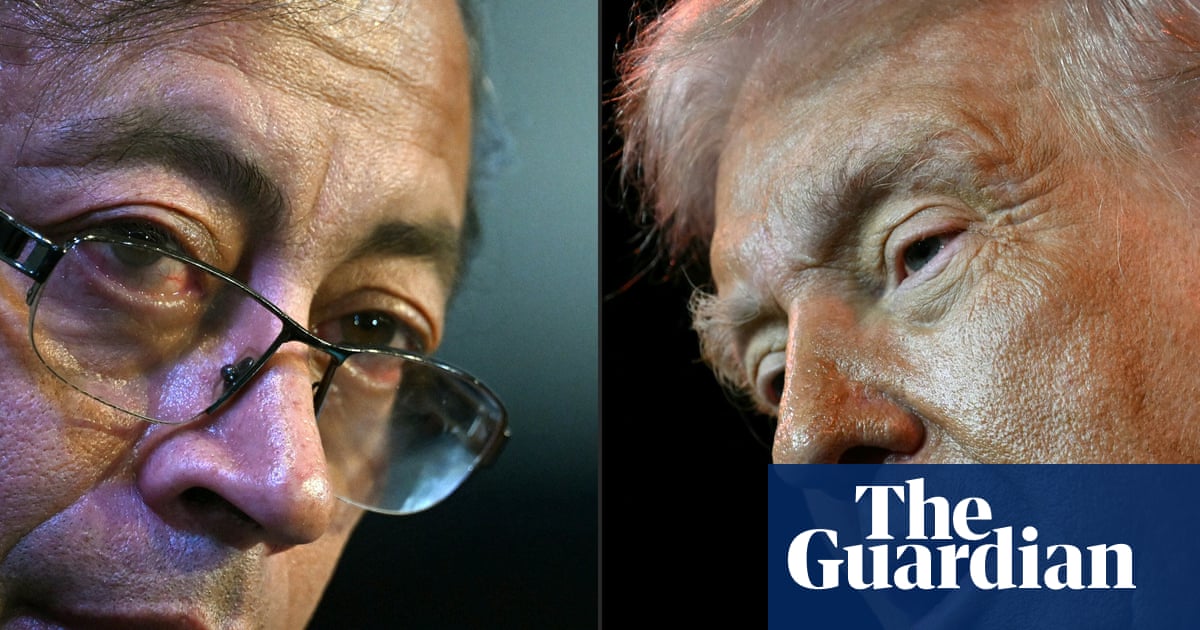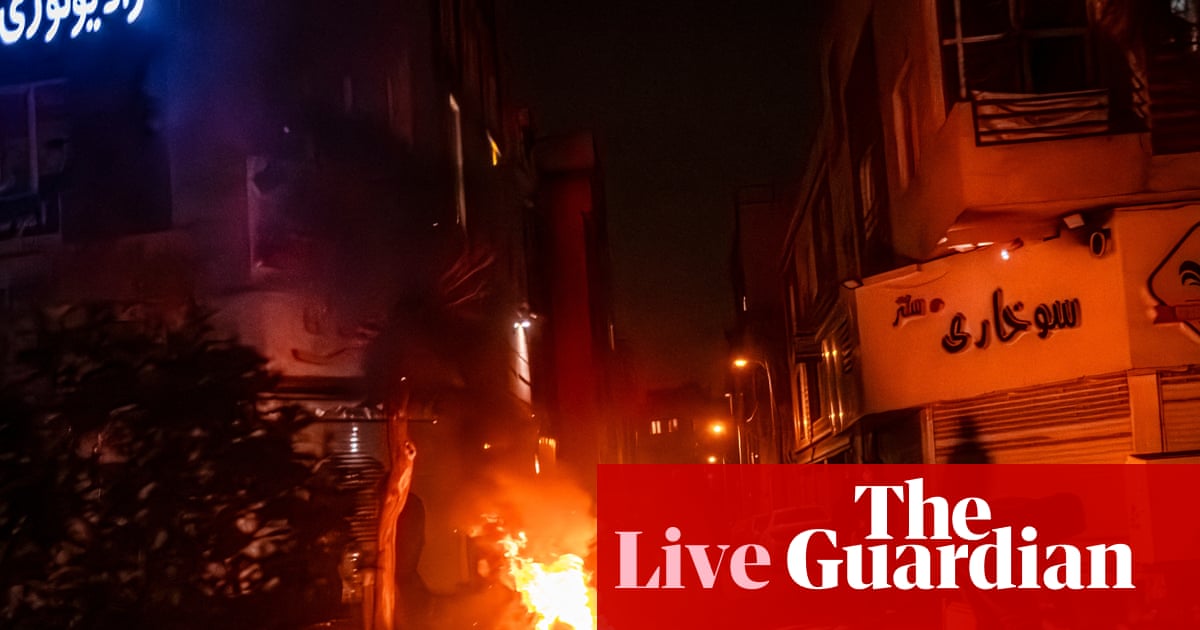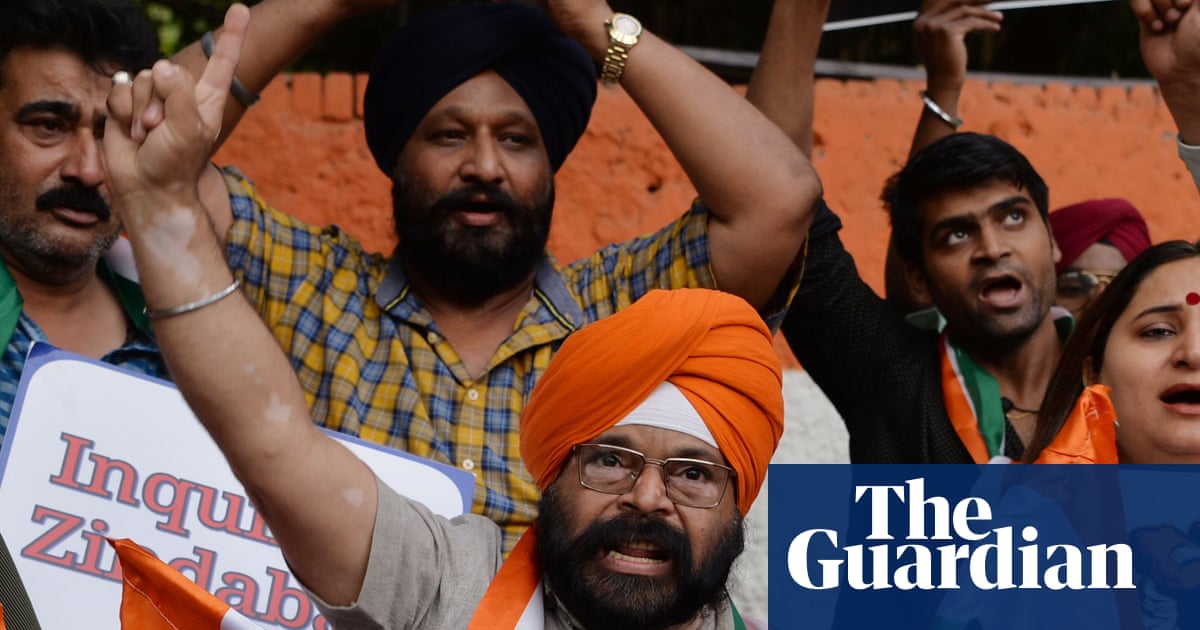“Dear Rahamat, first of all congratulations! I remember the day I got my GCSE results. The potential for your life to change has just begun.”
So begins a letter from a young medical student, Kemi Adeyemi, which has been sent to Rahamat and thousands of other sixth formers with top GCSE results in some of England’s most deprived areas, to encourage them to consider going on to university.
It is part of a new government letter-writing campaign, which will see almost 10,000 pupils at schools and colleges with some of the lowest progression rates to higher education receive personalised letters, written by students from a similar background.
“I write this to you from my final year of medicine at King’s College London (KCL) as a working-class student from a not-so-good area who was in care, went to state schools and was on free school meals,” Adeyemi writes.
“Don’t let financial considerations hold you back when choosing the right course and university for you,” she says, detailing the financial support available through bursaries. “Don’t ever feel like those spaces are not for people like us.”
And she concludes: “Best of luck, and congratulations in advance for all you’re going to achieve, Kemi.”
Each letter is written by a KCL student who shares their own story to challenge the perception that university is only for the privileged.
According to the Department for Education, privileged pupils are almost twice as likely to go to university as their disadvantaged peers, while teenagers in Redbridge, London, are almost three times more likely to progress to higher education than their peers in Knowsley, Merseyside.
Bridget Phillipson, the education secretary, said the initiative was part of Labour’s drive to break the link between young people’s background and success, with further details to come in a white paper.
“Talent, aspiration and hard work – not postcode or background – should decide a young person’s future,” she said, adding: “Universities need to do more to make sure they’re reaching the most talented people in our country wherever they come from.”
Research in 2017 showed sending a letter from a current university student to a sixth former from a similarly disadvantaged background increased the likelihood of accepting a place at a selective university from 8.5% to 11.4%, the equivalent of an extra 300 students a year.
On Monday, Adeyemi – now a resident doctor – came face-to-face with students from Christ the King Aquinas sixth-form college in Brockley, south-east London, who received her letter. “It’s so important that young people know that their background doesn’t determine where they can study,” she said.
“As a result of the letters, I hope students feel empowered to apply for university and that they know they deserve to be there just like anyone else.”
Adam Dragan, 17, was one of the pupils who received Adeyemi’s letter. He had been considering doing a degree apprenticeship to avoid large amounts of student debt, or returning to Poland for university because it is free.
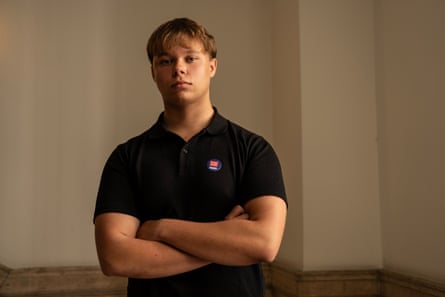
“Then I learned all about the bursary schemes and contextual offers [which adjust entry requirements to take into account background circumstances and potential barriers to academic achievement],” he said. “It made it feel accessible.”
Now Adam’s hoping to study economics and management at the University of Oxford. He said Adeyemi’s letter had given him a new perspective. “It changed my view of what’s achievable.”
Kaira Freeman, 17, who wants to study forensic psychology, said the letter she received had made her more aware of the financial support available. “It made me feel confident there are options out there to help students who might need financial help.”

David Zheng, 17, who wants to study law, has been saving for university for seven or eight years. “I was worried how I would pay the fees.” His letter from a KCL student called Daya, who studied sport and exercise medical science, opened his eyes.
“It made me feel a bit more confident, reading other people’s experience of university, telling them they are not alone on their journey.”

 3 months ago
60
3 months ago
60
